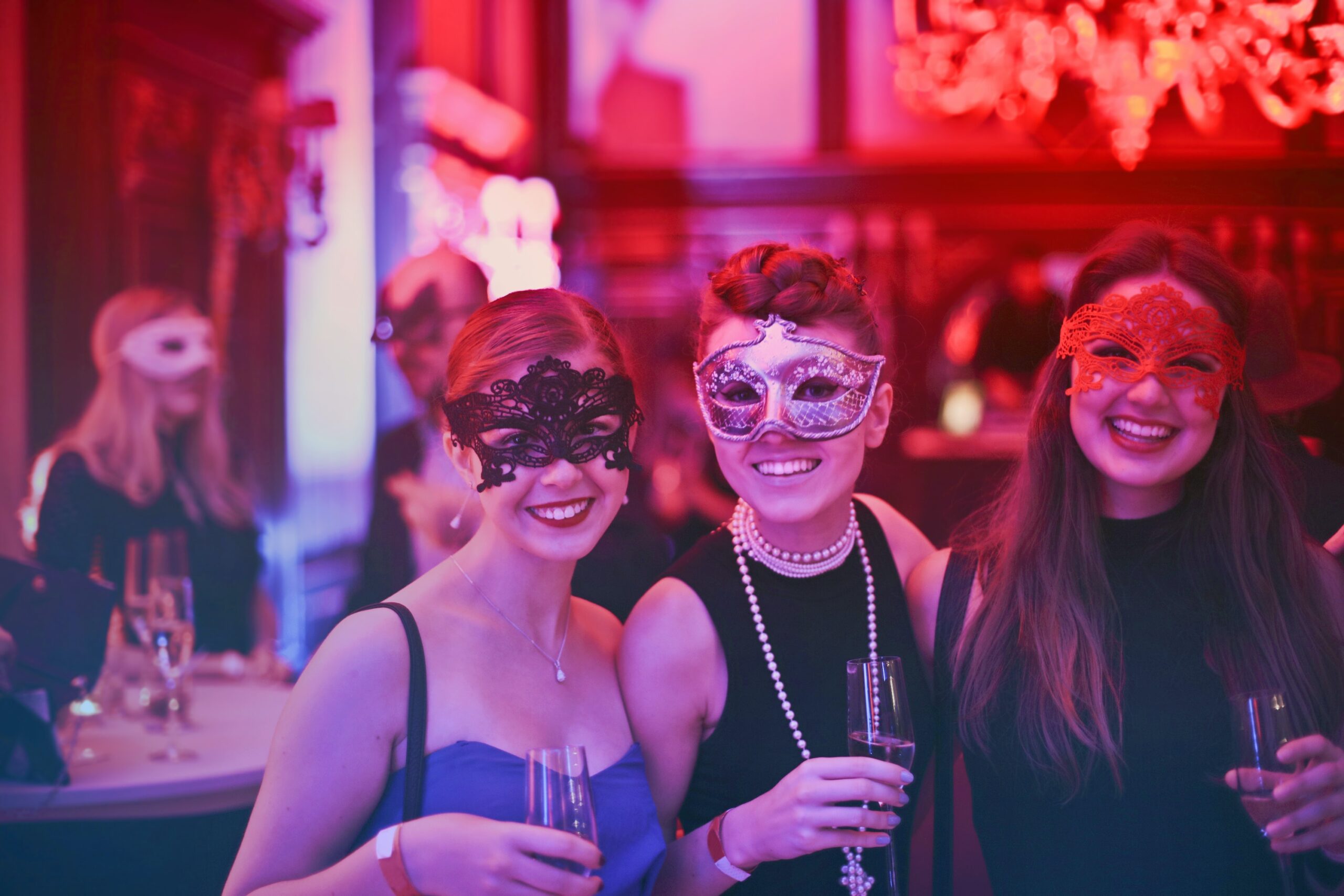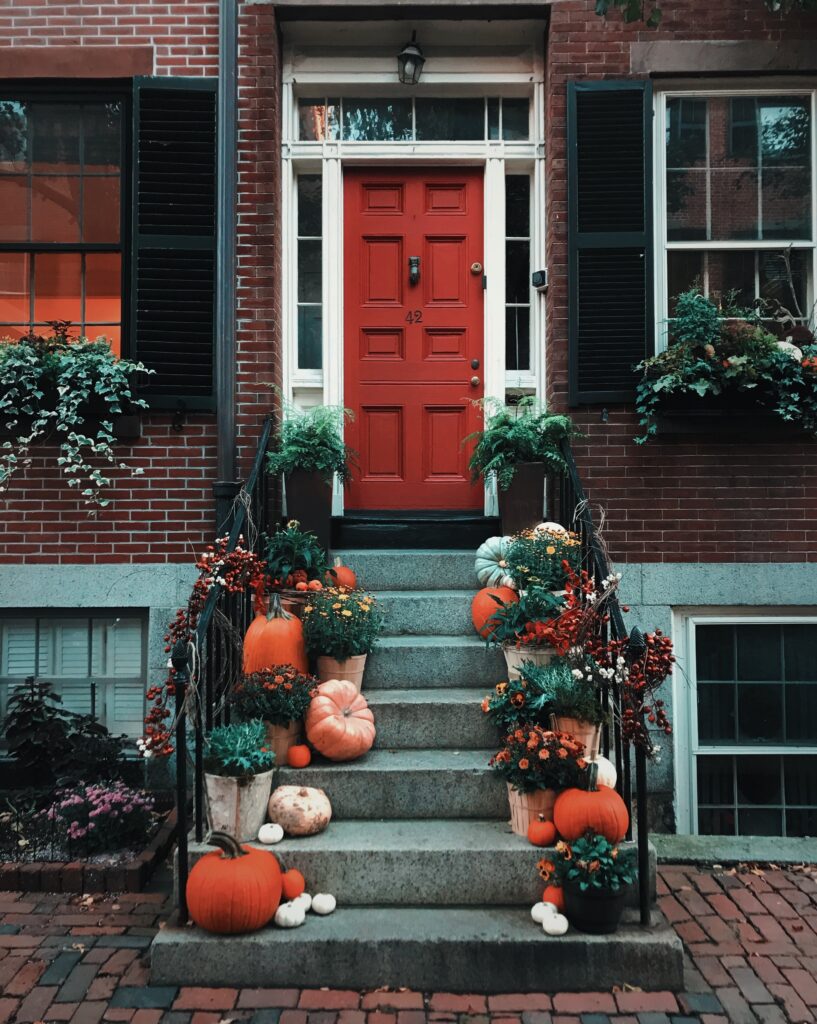
Table of Contents
Ah, Halloween – that time of year when the days grow shorter, leaves change their colors, and the world embraces its spookier side. While some might associate this holiday with scares and frights, Halloween is not just about dressing up as ghouls and goblins; it’s also a celebration that can be surprisingly beneficial for our mental health. In this blog, we’ll explore why Halloween can have a positive impact on our well-being, from fostering creativity to encouraging social connections, and how embracing the spooky season can be a treat for the mind and soul.
Encourages Playful Creativity –
One of the key aspects of Halloween is the opportunity to unleash our creativity and imaginations. Whether we’re designing elaborate costumes, carving pumpkins, or decorating our homes, this holiday encourages us to tap into our playful side and think outside the box. Engaging in creative activities like these can boost our mood and help reduce stress by providing an outlet for self-expression. It’s a chance to escape the humdrum of daily life and embrace the magic of make-believe .When we embark on costume creation, we enter a realm of endless possibilities. We can become superheroes, villains, or even inanimate objects with a dash of imagination and some DIY magic. This process of crafting our costumes helps channel our artistic abilities and often results in a sense of accomplishment. Whether we’re stitching together fabrics or using makeup to transform our faces, we experience the joy of creation, which boosts our self-esteem and leaves us feeling proud of our accomplishments
Emotional Release through Fear
Believe it or not, embracing fear can be cathartic. Halloween provides a controlled environment to experience fright without real danger. When we watch horror movies or visit haunted houses, our brains release adrenaline and endorphins, triggering a temporary state of excitement and a sense of accomplishment when we survive the fear-inducing experience. This emotional release can be a healthy way to manage stress and anxiety, leaving us feeling more relaxed and satisfied afterward.The thrill of a good scare can be exhilarating, and for many, it’s a cherished tradition during Halloween. It’s like riding a rollercoaster – our hearts race, palms sweat, and screams escape our mouths – but deep down, we know we’re safe. It’s a way of acknowledging our fears while also recognizing our ability to overcome them. This kind of controlled fear can help us build resilience and cope better with real-life stressors, as we learn to manage our emotions in a fun and safe setting.
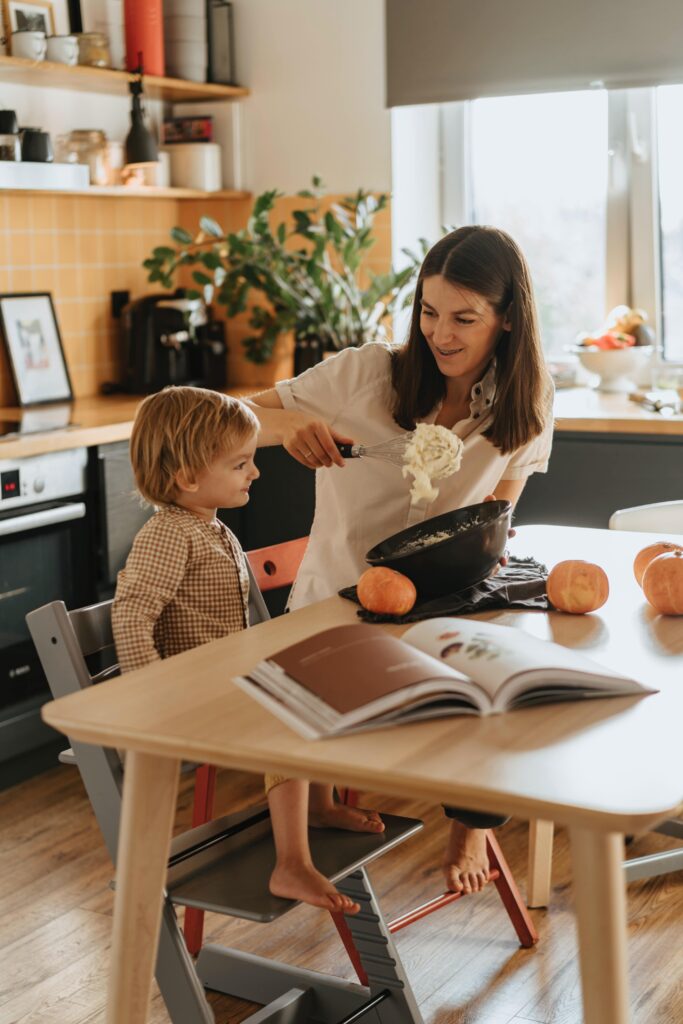
Fosters a Sense of Community
-Halloween is a communal celebration that brings people together. From trick-or-treating with neighbors to attending costume parties, the holiday fosters a sense of belonging and connection. Being part of a community and sharing experiences with others can have a positive impact on our mental well-being. It helps combat feelings of loneliness and isolation, promoting a sense of support and camaraderie among friends, family, and even strangers. The act of trick-or-treating is a prime example of this sense of community. As kids (and some enthusiastic adults) venture out in their costumes, they knock on doors and are greeted with smiles, compliments, and, of course, candy. This simple exchange creates a sense of unity and belonging in the neighborhood, as everyone comes together to celebrate the joy of giving and receiving. Similarly, attending Halloween parties or events allows us to socialize, bond, and create memories with others, nurturing a sense of togetherness that positively impacts our mental health.
Embracing a Different Identity-
Donning costumes allows us to become someone else for a night. This temporary transformation can be empowering, especially for those who may struggle with their self-confidence. Halloween gives us permission to step outside our comfort zones and embrace a different identity, free from the usual constraints and expectations of our daily lives. This sense of liberation can lead to increased self-esteem and a greater acceptance of ourselves and others. When we put on a costume, we shed the roles and responsibilities we carry every day. Instead, we become characters, creatures, or even abstract concepts. This temporary escape from reality can provide a much-needed mental break, allowing us to view ourselves and our lives from a different perspective. As we embody our chosen personas, we can explore different facets of our personalities and, in some cases, discover hidden strengths and qualities we didn’t know we possessed.
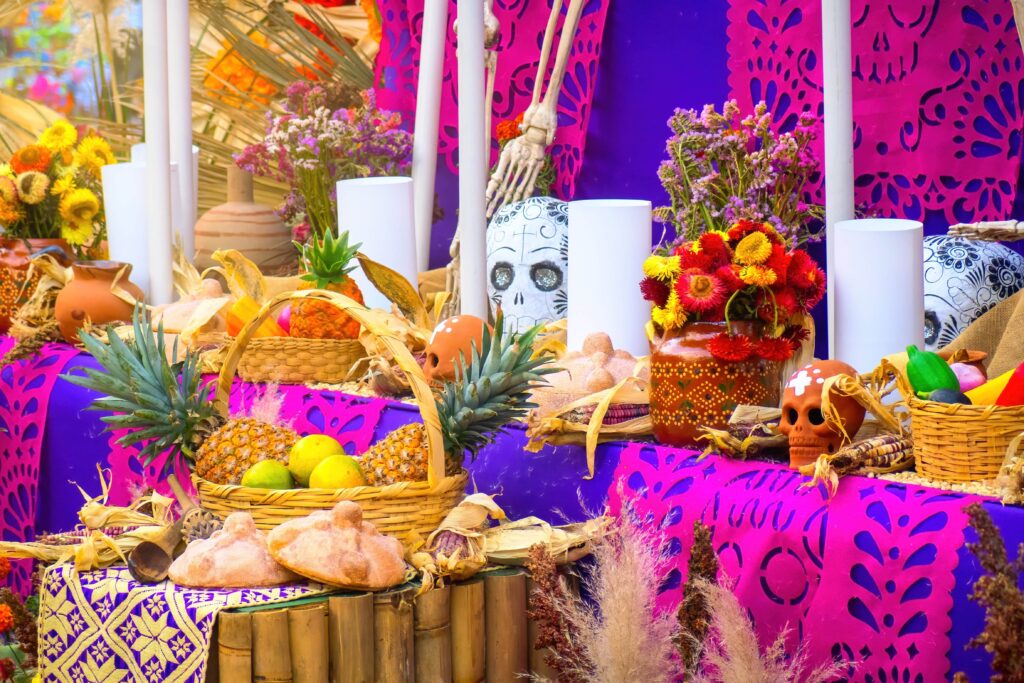
Mindful Celebration of the Seasons –
Halloween, deeply rooted in ancient traditions like Samhain, marks the transition between autumn and winter. Embracing this seasonal change mindfully can help us stay connected to nature’s rhythms and appreciate the beauty of life’s cyclical nature. Practicing mindfulness in this way can reduce stress, improve focus, and encourage a more positive outlook on life. The shift from autumn to winter symbolizes endings and new beginnings. Halloween acts as a bridge between the two seasons, reminding us that change is a natural and inevitable part of life. By embracing this change with mindfulness, we can learn to let go of the past and welcome the future with open arms. Moreover, Halloween allows us to savor the present moment, taking in the crisp air, the colorful leaves, and the joy of celebration.
Strengthening Family Bonds
– For families, Halloween can be an opportunity to create lasting memories. Whether it’s picking out costumes together, going on a pumpkin-picking adventure, or working as a team to decorate the house, these shared experiences strengthen family bonds. Engaging in activities as a unit can improve communication, understanding, and emotional connections between family members Family traditions and activities during Halloween provide children with a sense of stability and comfort. From pumpkin carving to making spooky treats, these activities are not only enjoyable but also create lasting memories that they’ll cherish into adulthood. Parents, too, have the chance to relive their childhood through their children’s excitement, reminding them of the wonder and magic that Halloween brought when they were young.
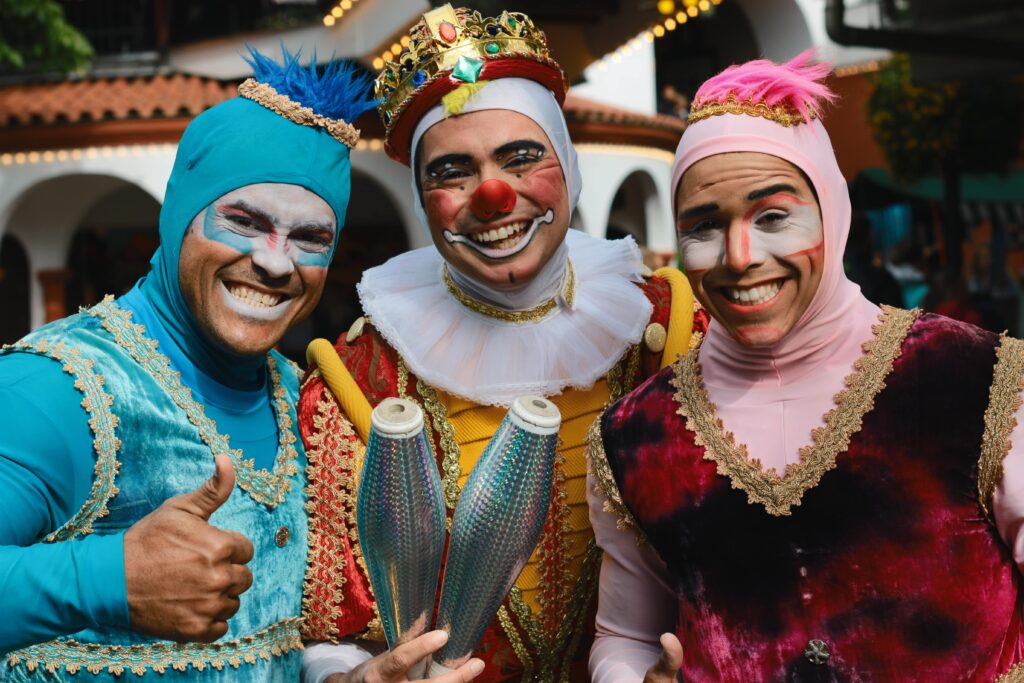
Laughter and Fun
– They say laughter is the best medicine, and Halloween offers plenty of opportunities for laughter and fun. From silly pranks to pun-filled costumes, the holiday encourages humor and light-heartedness. Laughter triggers the release of endorphins, which promote feelings of happiness and relaxation, making Halloween an enjoyable way to de-stress and find moments of joy .The humor of Halloween can be found in various aspects of the holiday. Whether it’s punny costumes that play on words or hilariously spooky decorations, Halloween allows us to indulge in laughter and lightness. Parties and gatherings are filled with shared jokes and amusing encounters, fostering a sense of connection and boosting our overall sense of well-being.
Conclusion
In a world that can often feel overwhelming and stressful, Halloween comes as a delightful reminder to embrace the magic of imagination, creativity, and connection. This spooky season offers much more than just scares; it’s a chance to boost our mental well-being and create lasting memories with loved ones. So, let’s welcome Halloween with open arms, indulge in the playful spirit it brings, and allow ourselves to have a ghoulishly good time for the sake of our mental health! Happy Halloween
For more information visit :https://en.m.wikipedia.org/wiki/Halloween
why is halloween celebrated on october 31st ?
Halloween, contraction of All Hallows’ Eve, a holiday observed on October 31, the evening before All Saints’ (or All Hallows’) Day. The celebration marks the day before the Western Christian feast of All Saints and initiates the season of Allhallowtide, which lasts three days and concludes with All Souls’ Day
where did halloween originate ?
The origins of Halloween customs are typically linked to the Gaelic festival Samhain. Samhain is one of the quarter days in the medieval Gaelic calendar and has been celebrated on 31 October – 1 November in Ireland, Scotland and the Isle of Man
Why do we wear costumes on Halloween ?
One theory explains that Halloween originated with the ancient Celtic festival of Samhain, where people would light bonfires and dress up in costumes to scare off roaming ghosts and spirits. They believed that on Halloween, ghosts came back to Earth and would haunt anyone who left their homes.
